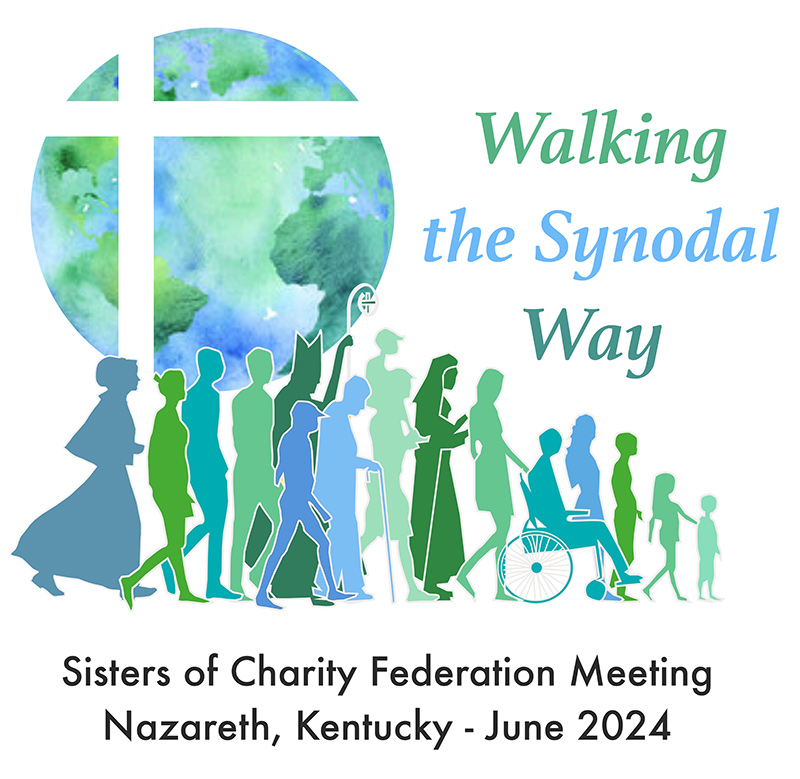Around the world over 100 million people are facing floods, droughts, rising sea levels, earthquakes, violence and wars every day. People are left with impossible choices. We have a moral and shared responsibility to act. There is need for a heightened sense of urgency and resolve.
The upcoming World Humanitarian Summit in Istanbul May 23 & 24 must bring about a change in the way we deliver assistance to reduce risk and vulnerability, by committing to work together collectively and coherently across political, cultural, religious and institutional divides, to make progress in reaching those furthest left behind. We need to recognize people’s right to live in safety, dignity and to be agents of their own destinies.
The Secretary General, Ban Ki-Moon, in his report has put forward an ‘Agenda for Humanity’ and calls upon the Community of “we the peoples” – governments, local communities, private sector, international organizations and aid providers, and the thousands of committed and compassionate individuals to make the Summit a turning point in the way we address the challenges facing our common humanity. It is hoped the summit will lead to genuine change in the way we deliver assistance – to prevent and alleviate human suffering, to protect life and health and to ensure respect for the human person, to uphold the human rights of the people. The Secretary General calls upon all Members States and other organizations and stakeholders to accept the five core responsibilities he has outlined in the Agenda for Humanity:
- Prevent and end conflicts– leaders must assume responsibility to prevent and end conflicts and find political solutions to end bloodshed and suffering. Conflicts drive 80% of all humanitarian needs.
- Respect Rules of War – States must respect the rules they have endorsed in international humanitarian and human rights laws. Uphold the norms that safeguard humanity – 90% of people killed or injured by the use of explosive weapons in populated areas are civilians. Even wars have limits: minimizing human suffering and protecting civilians requires strengthening compliance with international law. Everyday civilians are deliberately or indiscriminately killed in wars – an erosion of international humanitarian laws.
- Leave no one behind – all stakeholders must empower and protect the most vulnerable. The 2030 Agenda for Sustainable Development pledges to leave no one behind. The World Humanitarian summit is the first test of our commitment to transform the lives of those most at risk of being left behind. It means reducing displacement, supporting refugees and migrants, especially women and girls, youth, and people with disabilities; ending gaps in education and fighting to eradicate sexual and gender-based violence.
- Working differently to end need – change people’s lives from delivering aid to ending need. Today 34% people live in fragile situations. By 2030 it will climb to 62%. Ending need requires reinforcing local systems, anticipating and transcending the humanitarian-development divide. Success must be measured by how people’s vulnerability and risk are reduced, not by how needs are met year after year.
- Invest in Humanity – in enhancing local capacities, reducing risk and building effective and inclusive institutions, especially in fragile contexts. Just a fraction – 0.4% of official development assistance was spent on disaster preparedness in 2014. Accepting and acting upon our shared responsibilities for humanity requires political, institutional and financial investment – investing in local capacities.
We are confronting some of the greatest challenges of our time. One-hundred-twenty-five million people need humanitarian assistance, 60 million people have been forced from their homes, 37 countries are affected and $20 Billion is needed to provide assistance.
At the Summit global leaders will discuss:
- A new global approach to manage forced displacement, with an emphasis on ensuring hope and dignity for refugees or internally displaced people.
- Empowering women and girls, and catalyzing action to gender equality.
- Adapting new approaches to respond to protracted crises and recurrent disasters, reduce vulnerability, and manage risk.
- Securing adequate and predictable finance to save lives and alleviate suffering. To go forward, the UN needs to negotiate concrete commitments from donors.
- Reinforcing the centrality of protection in humanitarian action and increasing respect for International Humanitarian Law.
- Adapting to new challenges through local, inclusive and context specific responses.
Responding to disasters and crises across the world is not anything new to Vincentian Family members and other organizations who rush to provide humanitarian assistance to affected people. We seem to move from one disaster or crisis to another, before rehabilitation work is completed to bring about a certain normalcy into the lives of the people. The world community and governments need to invest in humanity with a focus on prevention. It is equally important to tackle the underlying causes that drive people to seek humanitarian assistance along with an enabling environment for peace and security.
Let us become partners in this conversation, for we are partners in delivering humanitarian assistance as individuals and organizations.
Written by Sister Teresa Kotturan, Representative to the United Nations for the Sisters of Charity Federation



